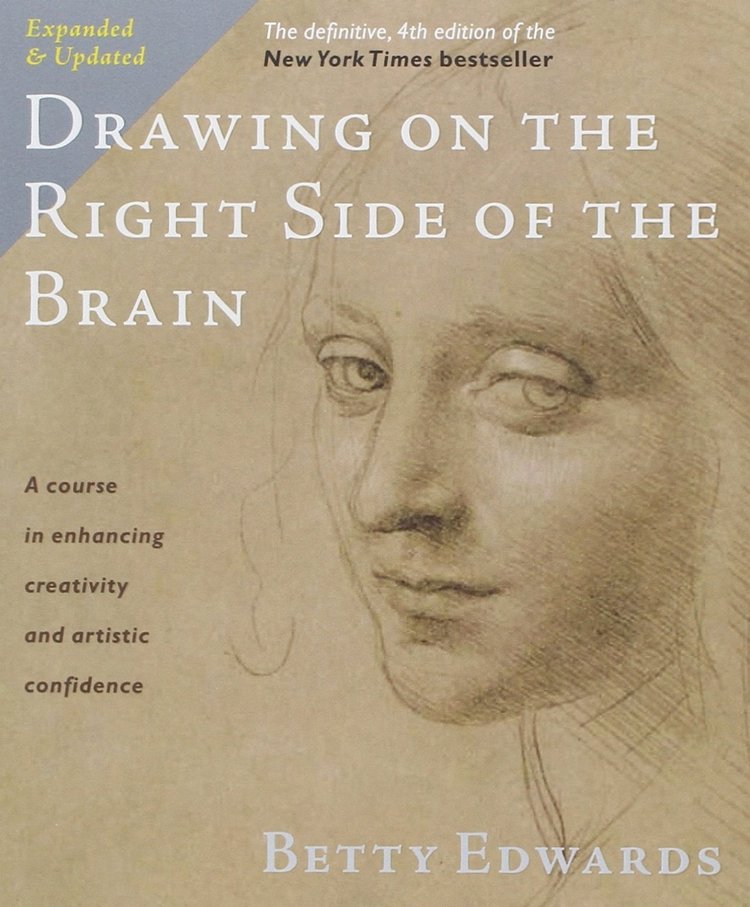Arts Education in schools is being backed towards a cliff edge.
In a bid to save the Arts, educators are trying to demonstrate that they enhance outcomes in non-art subjects. Yet, while it seems they do, studies rarely prove this beyond all reasonable doubt. The upshot is that, under pressure to funnel dwindling resources into core “academic” subjects (i.e., math, literacy, and science), many schools are positioning Arts Education on the chopping block.
It's time to take a stand!
First, there is growing evidence that learning arts does improve academic achievement. But more important, the question must be asked: “Is the purpose of the Arts Education simply to boost academic results?”
Emphatically, no!
Immersed in arts, kids experience the world and themselves in a different way. They often discover a lifelong passion, develop a sense of self and identity, grow in confidence, and envision a world beyond their immediate environment.
It's vital that we reframe the case for Arts Education.
This visual guide by WeTheParents.org helps to do this by highlighting 51 diverse ways in which Arts Education rewards children. It is clear that learning arts cultivates cognitive abilities, nurtures positive character traits, and fosters critical thinking. As you'll see, many of the benefits span ages, genders, and socio-economic divides; some last a lifetime; and all are backed up by studies.
There's never been a more important time to communicate the importance of Arts Education. Scientific studies struggle to capture the subtle yet profound ways in which the arts transform lives. And so, the impetus is on us – we who experience the positive impact first-hand — to share our story and to shout about it even louder.

